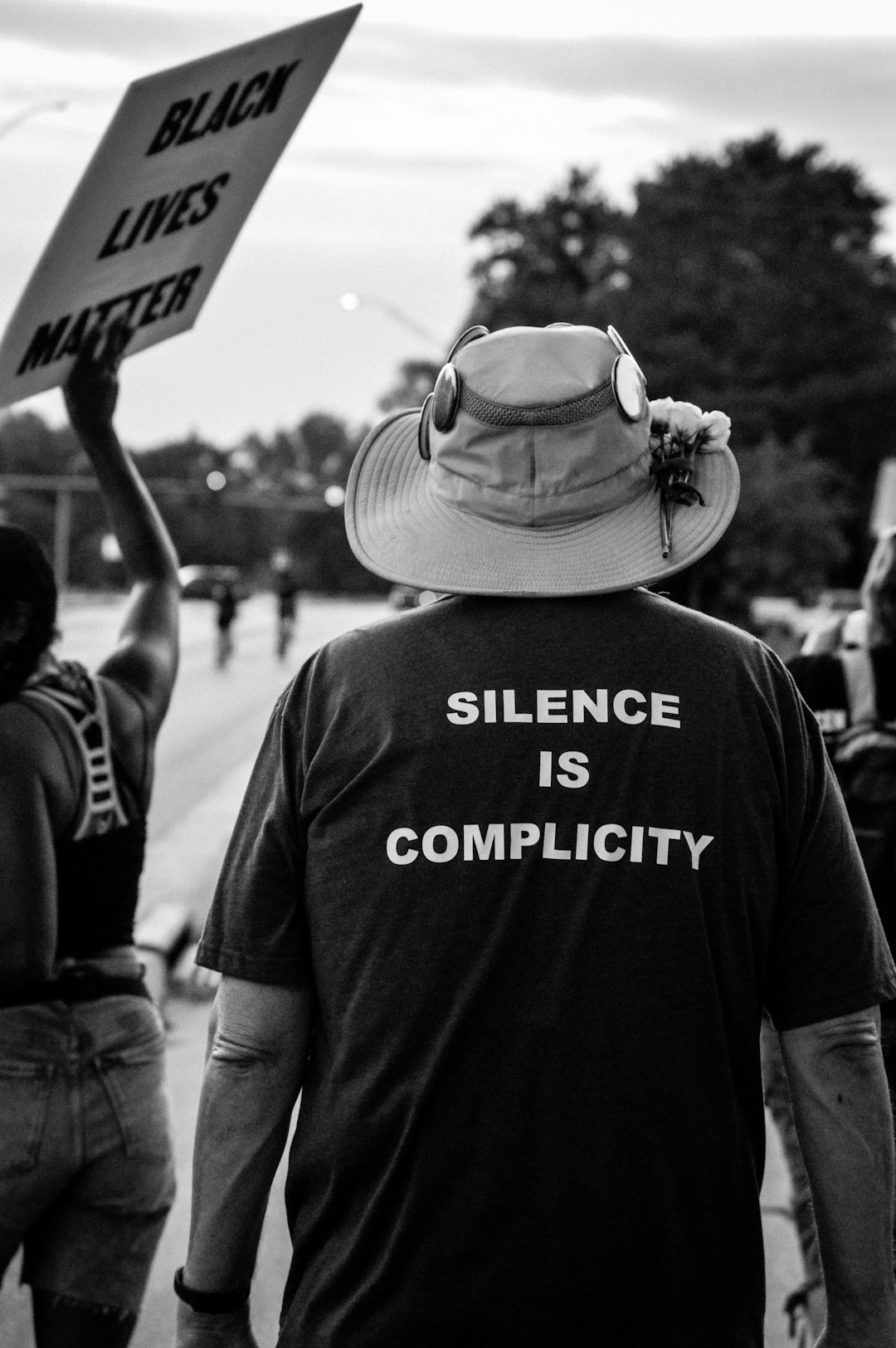In Nebraska, businesses engaging in telemarketing must comply with strict state laws, especially the Nebraska Spam Call Law, to protect residents from unwanted sales calls. Failure to obtain explicit consent, respect opt-outs, and provide clear disclosures can lead to penalties up to $50,000 per violation enforced by the Nebraska Department of Banking. Staying informed about the Spam Call law firm Nebraska guidelines is crucial for successful business operations in the state, avoiding customer backlash and legal issues.
“Navigating Nebraska’s telemarketing landscape can be complex for Exeter businesses, especially with evolving regulations and the strict enforcement of spam call laws. This guide aims to demystify the state’s rules, helping local firms understand their rights and responsibilities. From defining a ‘spam call’ under Nebraska law to exploring permitted practices and potential penalties, this article equips business owners with knowledge to ensure compliance and avoid legal pitfalls associated with telemarketing, particularly regarding spam call law firm Nebraska.”
Understanding Nebraska's Telemarketing Laws: An Overview for Businesses

In Nebraska, telemarketing activities are regulated by state laws designed to protect residents from unwanted or deceptive sales calls. Understanding these rules is crucial for businesses engaging in remote sales strategies. The primary legislation to note is the Nebraska Spam Call Law, which outlines specific guidelines for call volume, caller identification, and opt-out requests.
Exeter businesses must ensure they obtain proper consent before initiating telemarketing calls, respect individual opt-outs, and provide clear disclosures during marketing communications. Failure to adhere to these standards can result in penalties, as enforced by the Nebraska Department of Banking. Staying compliant not only safeguards customer relationships but also ensures a competitive edge in the market.
What Constitutes a Spam Call in Nebraska?

In Nebraska, a spam call is typically defined as an unsolicited telephone call made for commercial purposes to individuals or businesses who have not given explicit consent to receive such calls. This includes calls from law firms or any other entities promoting legal services, where the caller has not been authorized by the recipient. The Spam Call law firm Nebraska aims to protect residents from these intrusive and often deceptive practices.
These regulations are in place to ensure that businesses respect individual privacy and only contact potential clients when there is a clear and mutual interest. Therefore, law firms operating in Nebraska must adhere to strict guidelines regarding telemarketing activities, including obtaining proper consent before making calls, providing an opt-out option during the call, and respecting requests to stop contacting the recipient.
Permitted Practices: When Can Exeter Firms Make Phone Calls?

Exeter businesses must adhere to Nebraska’s Telemarketing Rules, particularly regarding spam call regulations. Phone marketing activities are permitted under specific conditions to ensure consumer protection. Typically, this involves obtaining prior consent from recipients, which can be done through opt-in forms or clear sign-ups on the company website.
Business entities can make telemarketing calls at any time, but there are restrictions. Calls must not be made before 8:00 a.m. or after 9:00 p.m., local time, to respect consumer privacy and avoid disturbing individuals during personal time. Additionally, companies should ensure they maintain an up-to-date Do Not Call list, honoring requests from consumers who wish to opt out of such communications. Adhering to these practices helps Nebraska’s law firm stay compliant with the state’s spam call laws while effectively engaging with potential clients.
Enforcement and Penalties: What Happens if Rules Are Violated?

In Nebraska, the enforcement of telemarketing regulations is handled by the Attorney General’s office and the Nebraska Public Service Commission (PSC). If a business or individual violates the state’s spam call laws, they can face significant penalties. Fines can range from $100 to $50,000 per violation, depending on the severity of the infraction. Companies found guilty of repeatedly violating telemarketing rules may also be subject to additional legal actions, such as injunctions and court-ordered compliance programs.
For Nebraska businesses, especially those that engage in interstate telemarketing activities, understanding and adhering to these regulations is crucial. It’s important for them to ensure their marketing practices comply with the state’s spam call laws to avoid these penalties. Engaging a legal expert specializing in telecommunications law can be beneficial in navigating these complex rules and mitigating potential risks.
Best Practices for Compliance: Tips for Effective Telemarketing in NE

To ensure compliance with Nebraska’s telemarketing laws and avoid becoming a target for spam call lawsuits, businesses should adopt best practices tailored to the state’s regulations. First, obtain explicit consent from callers before engaging in any form of telemarketing activity. This involves securing written or electronic agreements from potential customers, clearly outlining the purpose of contact and how their data will be used. Additionally, respect Nebraska’s Do Not Call registry; individuals or businesses listed here must not receive unsolicited calls, further emphasizing the importance of targeted and authorized outreach.
Second, maintain detailed records of all telemarketing efforts, including dates, times, and content of communications. This documentation ensures transparency and can serve as proof of compliance during any legal scrutiny. Third, ensure your messaging is clear, concise, and non-deceptive, avoiding aggressive sales tactics or making unsubstantiated claims. Fourth, provide an easy and accessible way for recipients to opt out of future calls, ensuring respect for their privacy and preferences. Lastly, stay updated on Nebraska’s evolving telemarketing laws by consulting legal experts or relevant state resources, as the Spam Call law firm in Nebraska is stringent about compliance.






